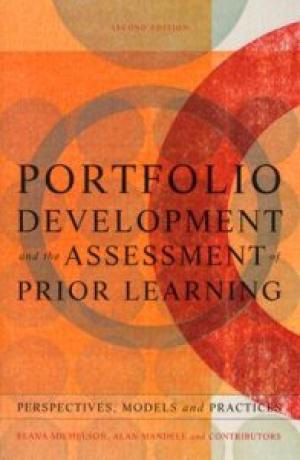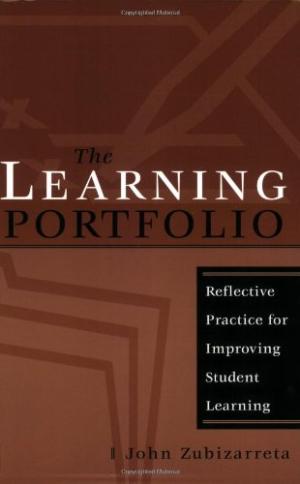Resources

For over thirty years, portfolios have been used to help adult learners gain recognition for their prior learning and take greater control of their educational experiences. The portfolio has become a distinctive means of assessing such learning, serving as a meaningful alternative to conventional papers and standardized testing. Portfolio Development and the Assessment of Prior Learning: Perspectives, Models, and Practices provides a primer of flexible approaches to shaping and conducting portfolio-development courses. It offers practitioners in the field an extensive range of model assignments, readings, and classroom activities, each organized around a specific theme: Academic Orientation, The Meaning of Education, Personal Exploration, Learning from the Outsider Within, The World of Work and Careers, and Dimensions of Expertise. Twelve case studies by practitioners in the field then show how academics in the US and around the English-speaking world have adapted the portfolio to changing circumstances in order to deliver academically rich educational services for adults. These case studies highlight portfolio development in the context of web-based instruction, changing institutional imperatives, service to historically disenfranchised groups, partnerships with industry, and cross-institutional cooperation. In addition to serving as a valuable hands-on resource for practitioners, Portfolio Development and the Assessment of Prior Learning locates portfolios and assessment in a broad social and intellectual context. Thus, the authors also offer an historical overview of the usefulness of portfolios in the assessment of prior learning and then consider their use inthe future, given current trends in higher education for adults. The book explores the implications of a changing educational landscape, in which new student populations, budgetary pressures, and understandings of knowledge both enrich and challenge student-centered approaches such as portfolios. The approaches and case studies are not only valuable to adult educators but, equally, to faculty in higher education concerned with the development of competency- and outcomes-based assessment. (From the Publisher)

The learning portfolio—grounded in a process of reflection, evidence, and collaboration—is a rich, flexible document that engages students in continuous, thoughtful analysis of their learning. The portfolio may be paper, electronic, or another creative medium, but at its center, the power of writing and reflection combine in the portfolio with purposeful, selective collection and assessment of learning endeavors and outcomes to improve learning. Straightforward and easy to understand, this book offers readers both an academic understanding of and rationale for learning portfolios and practical information that can be custom tailored to suit many disciplinary, pedagogical, programmatic, and institutional needs. The Learning Portfolio reflects the intellectual growth and excitement that both professors and students have experienced in developing learning portfolios. Organized into four parts, this book includes: • A foundation for and review of the value of reflective practice in student learning and how learning portfolios support reflection, sound assessment, and collaboration • Diverse contributions by practitioners in two- and four-year institutions in the U.S. and Canada who implement portfolios in a variety of ways, including the use of digital technology • Fourteen practical and adaptable examples of actual student learning portfolios • A wealth of assignment sheets, guidelines, criteria, evaluation rubrics, and other materials used in developing print and electronic learning portfolios from across disciplines, programs, and types of institutions in higher education (From the Publisher)
Surveyed preservice teachers, following their final portfolio conference, to determine their views on the efficacy of using portfolio evaluation. The portfolio process helped students gain self-confidence, better relationships with instructors, organizational skills, professional attitudes, job interviewing skills, knowledge about teaching, and a knowledge base for teaching. Students expressed concerns about various aspects of portfolio evaluations.